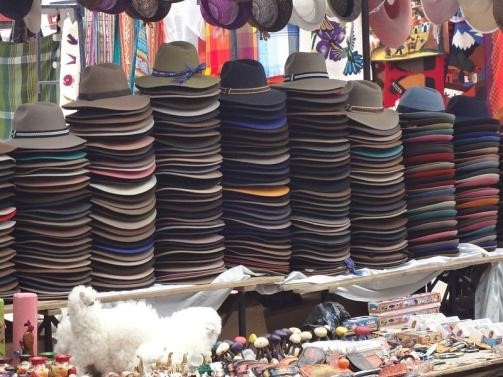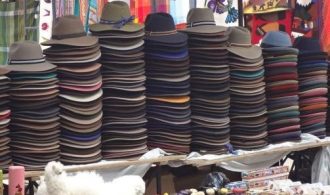Artisan fashion used to be a phrase synonymous with expensive, boutique labels. How else could fashionistas get their hands on unique handmade products created by craftsmen using the finest products and fabrics? However, changes in the way we shop and the way we think about shopping has led to some dramatic changes in the market. For once, this shopping revolution is having a positive effect around the world.

Demand Driving Change
Ethical and sustainable fashion is something that is important to everyone. As consumers, if a product isn’t sustainable, it means that at some point in the future, whether it’s next week or in the next decade, we won’t be able to buy it any more. As suppliers or the heads of large multi-national shopping chains, products need to be sustainable in order to guarantee that demand is met.
It is no surprise that when a product is made sustainably, it is also more likely to be an ethical product. It might also come as no surprise that these are also more likely to be artisan products.
The Appeal of Artisan Fashion
From hand-polished, beaded necklaces to womens skinny designer jeans, a whole range of fashion products can be understood as artisan. These products are highly desirable because they are made by a skilled craftsperson on a much smaller scale than mass-produced products. The quality is usually higher, and the small number of items means producers can create unique items rather than fashion apparel that must appeal to as many shoppers as possible. Artisan products are also being displayed in innovative ways with thought going into the design and decor of any shops including the way the items are displayed and even revolutionising the way they are lit. You can find Lighting Specialists such as https://encapsulite.co.uk/ who can help you if you are looking for new and exciting ways to light areas of your business.
Women-Centred Business
Previously, artisan products were often traditional, ethnic products, such as the items shoppers picked up while on holiday in Morocco or Africa.
Around the world, women in buying positions at major stores are turning to artisan products to meet the demand for ethical, sustainable products. By working with individuals abroad, these new big business buyers have become the largest employers of women in developing countries, second only in many places to agriculture. Moreover, studies show that when women earn money, they spend it directly on their families and their children’s education.
Take a new look at artisan fashion – it is the ethical, sustainable thing to do.

